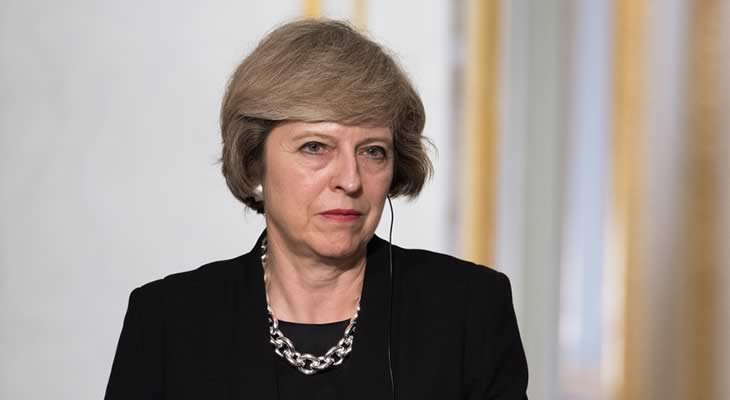Brexit Stances from Major UK Politicians Could Influence Pound to Euro Exchange Rate Outlook
After its gains late last week, markets remained relatively bullish on the Pound to Euro (GBP/EUR) exchange rate thanks to rising speculation that Britain could maintain access to an EU customs union and see a ‘softer Brexit’.
GBP/EUR gained over half a cent last week, advancing from the week’s opening level of 1.1300 to 1.1361. On Monday morning the pair continued climb and touched on a fortnight high of 1.1398.
Last week, reports emerged that Britain’s opposition Labour Party was preparing to announce it would support Britain remaining in an EU customs union post-Brexit, potentially undermining the position of UK Prime Minister Theresa May.
More details came in on Monday morning ahead of a speech from Labour Leader Jeremy Corbyn. Corbyn is set to clarify his party’s Brexit position.
Labour will rule out the possibility of committing itself to full single market membership after Brexit, but will show intention to remain in an EU customs union permanently.
This would be setting Labour up to potentially support a Conservative backbencher vote in the coming months which could even defeat the position of Theresa May’s government and boost the chances of a ‘soft Brexit’.
Sterling (GBP) has seen stronger demand over the past week as the perceived possibility of a ‘soft Brexit’ angle being taken has risen.
Euro (EUR) Exchange Rate Strength Limited on Uncertain Eurozone Outlook
Uncertainty in the Eurozone has risen over the past week, as key Eurozone ecostats have failed to meet expectations and investors anticipate key data and political news over the coming week.
Last week saw the publication of key Eurozone stats such as inflation data from January. January’s final Consumer Price Index (CPI) results slowed month-on-month and year-on-year, though the core inflation rate edged higher to 1.0% as expected.
The week’s other Eurozone stats, such as confidence surveys and Markit’s February PMI projections, largely fell short of forecasts, giving investors little reason to keep buying the Euro (EUR).
With key data ahead such as Eurozone confidence, February inflation projections and unemployment data, as well as key political developments expected next weekend, the Euro is likely to remain under pressure.
Investors are anxious ahead of Sunday the 4th of March, when Italy will hold its 2018 general election and the results of a German poll to SPD members on the possibility of another ‘grand coalition’ will be announced on the same day.
Pound (GBP) Exchange Rates Bolstered Further by Bank of England (BoE) Bets
In an interview with The Sunday Times, Bank of England (BoE) Deputy Governor Dave Ramsden hinted that UK interest rates could ‘somewhat sooner rather than somewhat later’.
Typically one of the more dovish members of the bank’s Monetary Policy Committee (MPC), Ramsden even voted against last November’s interest rate hike. As a result, his seemingly hawkish tone was seen as significant and boosted Pound demand.
The increasingly hawkish signals of BoE officials have boosted bets that UK interest rates will rise multiple times over the next few years and this has strengthened the Pound outlook.
Pound to Euro (GBP/EUR) Forecast: Potentially Significant Week Ahead
While Britain’s economic calendar isn’t too busy this week, save for UK consumer confidence on Wednesday and UK manufacturing on Thursday, it could be a busy week for both Pound and Euro investors.
Sterling traders will be looking closely at Brexit developments as Britain’s Labour and Conservative Parties clarify their goals for the process. Signs that Labour could work with ‘soft Brexit’ supporting Conservative backbenchers could boost Pound demand.
On top of this, any fresh comments from Bank of England (BoE) policymakers could influenced Sterling movement too, especially if officials show continued confidence that Britain’s economy could support tighter monetary policy sooner than expected.
The Eurozone’s economic calendar will be much busier in comparison. Tuesday’s slew of data includes Eurozone confidence from February, as well as Spanish and German inflation projections for February.
Wednesday will follow with German unemployment and inflation projections for the Eurozone overall, which could influence European Central Bank (ECB) bets if they surprise.
Of course, even if Eurozone data beats expectations, uncertainty ahead of next week’s Italian election and German coalition poll could keep Euro demand limited.


Comments are closed.